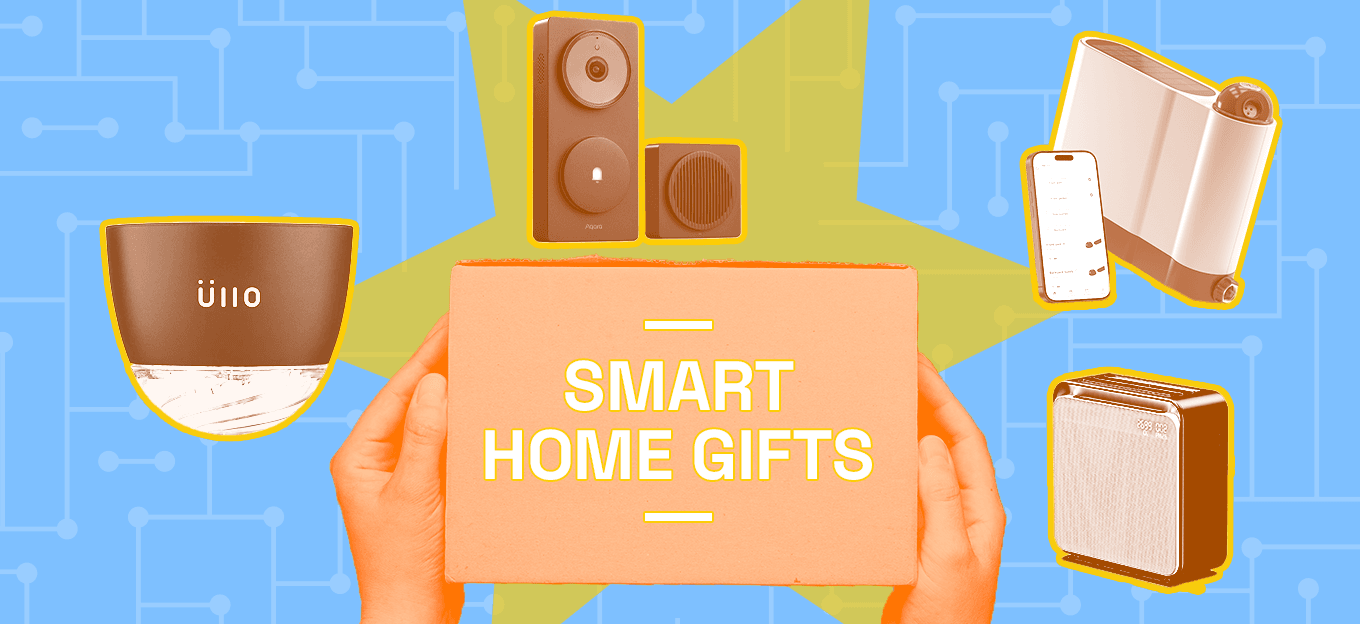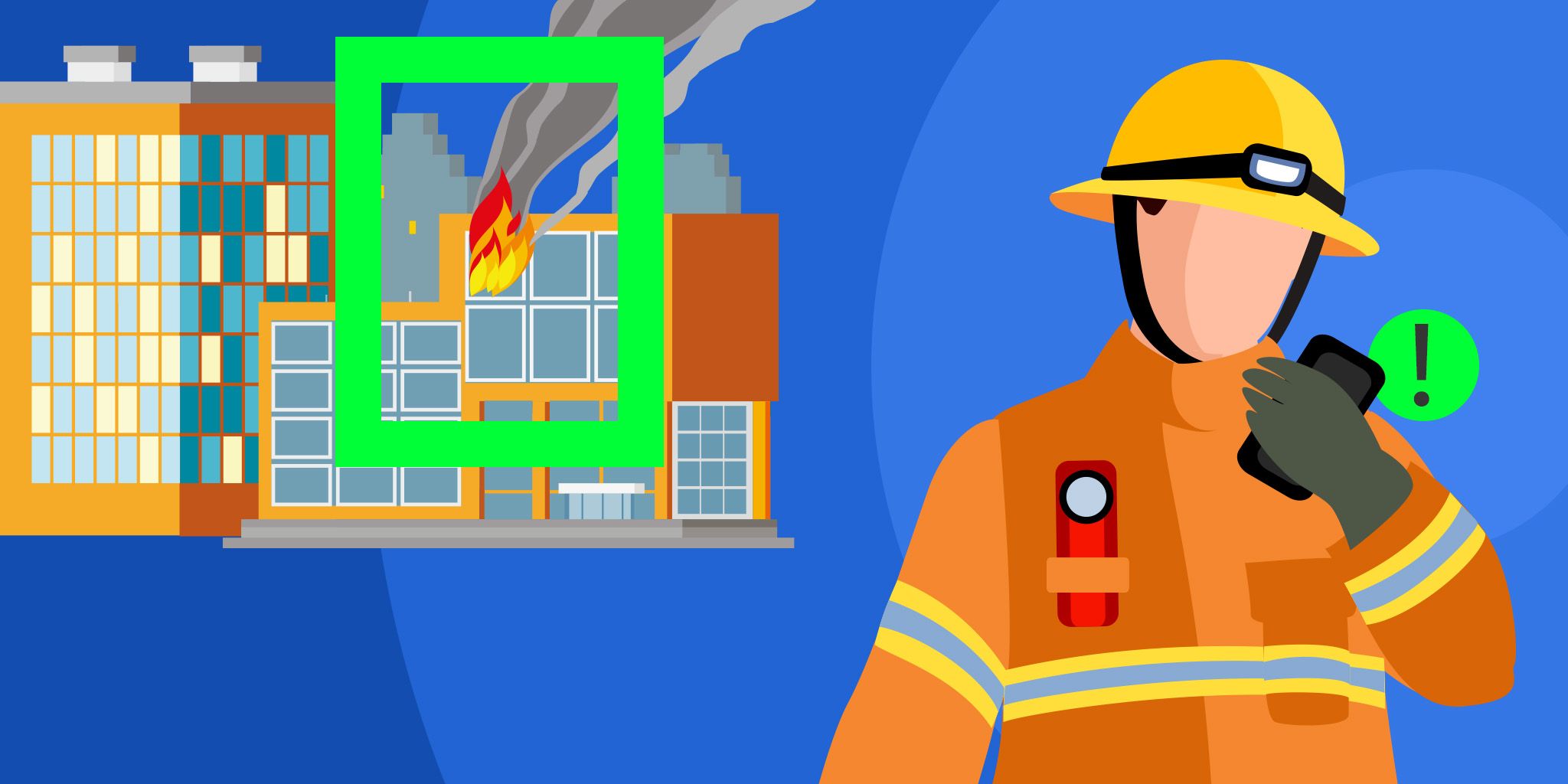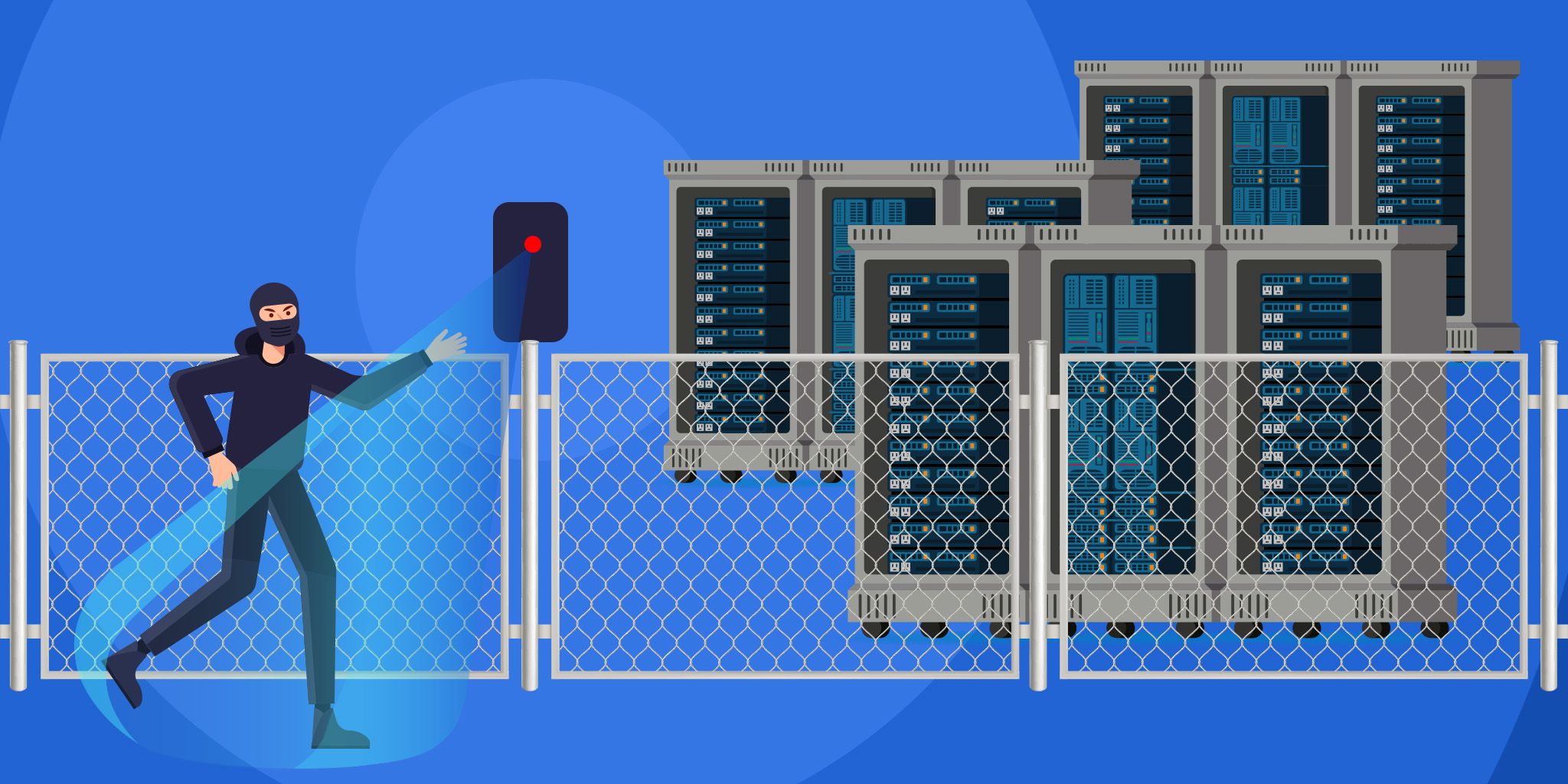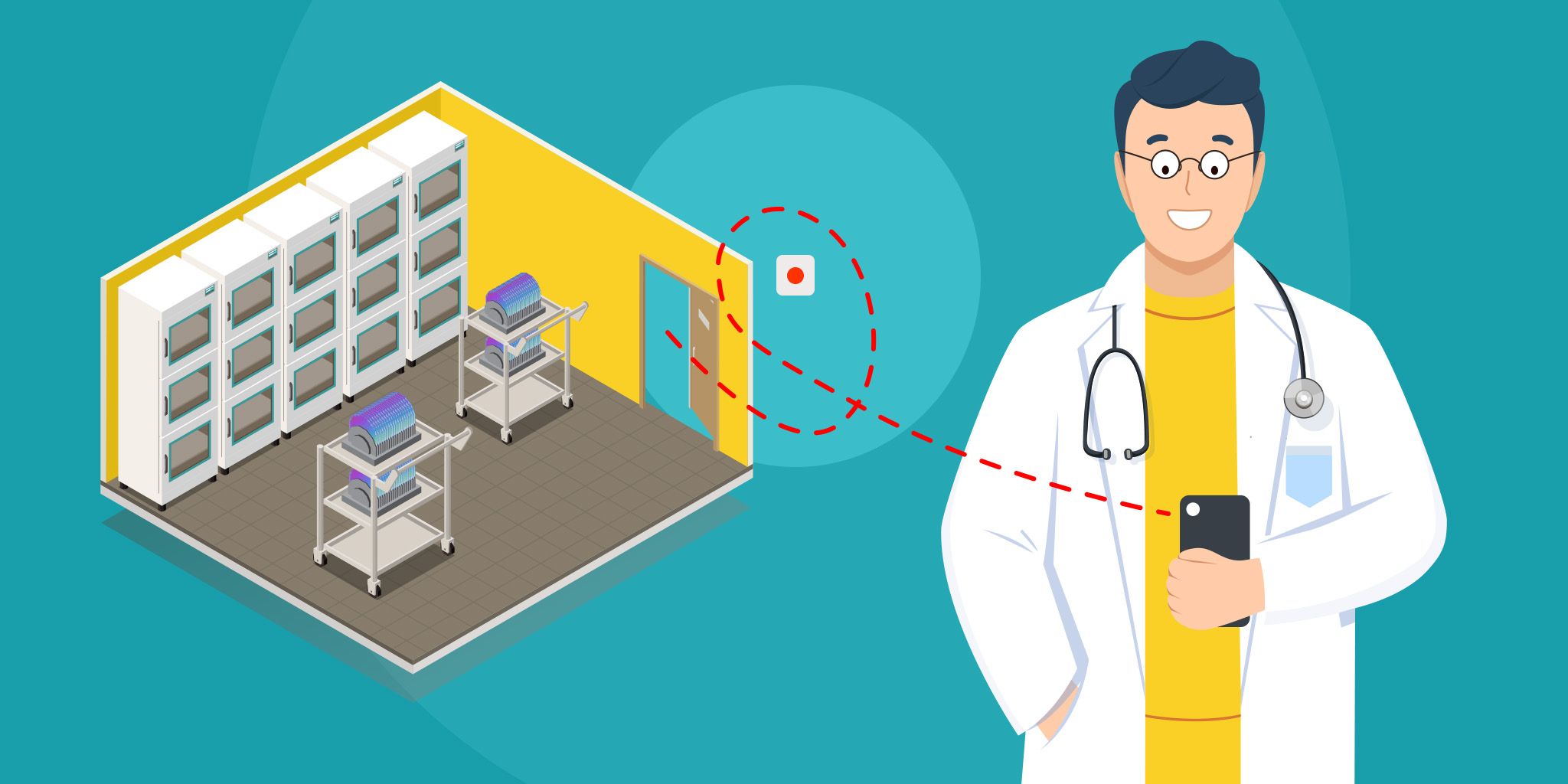7 Ways to Stay Safe With Smart Home Technology
7 Ways to Stay Safe With Smart Home Technology
- Last Updated: December 2, 2024
Guest Writer
- Last Updated: December 2, 2024



Home security and home automation used to be two entirely separate worlds, with distinct household duties.
Security was a wired mixture of keypads, sensors, motion detectors, fire/smoke alarms, and other devices that helped to keep you safe. Home automation was … well, not much of anything, other than a crockpot or a light that went on and off when you clapped your hands.
Smart home technology has grown to the point where it intersects home security in a seamless IoT ecosystem. Smart thermostats, video doorbells, locks, and other devices can increase home security and enhance your life.
Thankfully, that’s all over. Now, smart home security is a wireless network of high-tech, low-profile equipment with professional monitoring that keeps you safer than ever. Smart-home devices have exploded in popularity, making your home an even better place to be.
The best part is that home automation and security now intersect in a simple ecosystem that opens up an integrated world of possibilities.
The future of technology is already here. All you have to do is figure out how it fits into your life.
End the Thermostat Wars
Arguably, the first shot in the home automation revolution was fired in 2011 by Nest, with its “learning thermostat.”
Up to that point, other thermostats had been programmable to a limited degree. Nest created a home automation device that learned your patterns, such as when you like it cool or hot, or when you’re likely to be home or gone.
It’s a proven way to save energy and money, in addition to keeping you more comfortable.
Since then, Nest and other technology companies have expanded their reach into both home automation and home security.
Door-to-Home Security
To find a place where home automation and security intersect, just step outside your front door. The easiest way to keep your home safe is not to let intruders inside at all.
Millions of homeowners are using easy-to-install video doorbells to see, listen and speak to whoever’s there. You don’t even have to be home; everything happens through the smartphone. Nothing scares a potential burglar quicker than someone telling them to get lost.
Locks, Reinvented
You don’t have to look far to see another marriage of home automation and security. Door locks have gone far beyond a simple key, and they do a lot more than just keep intruders out.
Door locks offer some of the most tangible benefits of home automation:
- Sending automated smartphone alerts whenever someone enters or leaves.
- Creating or revoking access codes for housekeepers, babysitters, caregivers, or others who need to get in.
- Locking or unlocking automatically, thanks to your smartphone. That comes in especially handy when your hands are full, or when you drive away and forget whether you locked the door.
Don’t Forget the Garage Door
It’s even easier to see the practical benefits of home automation for garage-door control. It’s one thing to open or close the door with a one-trick push-button gadget. It’s another to use your smartphone to control it from anywhere, or automatically open or close it as your car approaches it.
Anyone who has ever gotten a few miles from home and forgotten whether they closed the garage door appreciates the value of smartphone control. No more turning around to check.
Powerful, Affordable Video
Once you’re inside the house, it’s even easier to make home automation technology part of your everyday life. When you’re away, you don’t have to wonder what’s going on. You can see for yourself with live or recorded video.
Sophisticated video cameras used to be available only for companies with inventory to protect, or for retailers who wanted to cut down on shoplifting. But, video surveillance has become surprisingly affordable and easy for homeowners as a smart home security tool.
It doesn’t take a professional to install indoor or outdoor video cameras, especially if they’re part of a wireless home security system. It’s usually just simple peel-and-stick mounting or a bracket with a couple of screws.
Let Your Lights Shine
It’s a given that burglars tend to shy away from well-lit homes at night, since that typically means they’re occupied. It’s much less risky when no one’s around.
It’s not practical to leave the lights on around the clock. But once again, the answer is in your hand. You can control lighting from anywhere with your smartphone.
Naturally, that’s just one aspect of the home security/home automation equation. It’s about security but also convenience. You can go around the house turning off lights that have been left on needlessly, or you can use your smartphone to quickly check and shut them down.
The Future Will Be Voice-Controlled
Millions of people use voice-controlled “virtual assistants,” so it seems like they’ve been around forever. But, Apple first introduced Siri in 2011, while Amazon’s Alexa made her official debut in 2015 and Google Home in 2016.
Voice-controlled devices are as simple or as sophisticated as you want them to be. Some people use them to check the weather, play music, or answer questions. Others dig much deeper into functionality by playing games, listening to stories, keeping track of daily schedules, or even hunting for recipes.
Now that the lines have blurred between home automation and home security, every voice-controlled virtual assistant is capable of helping you stay safer. The best smart home security systems are typically compatible with voice control.
Want to get really sophisticated? You can set up commands such as “I’m going to bed” that trigger a series of customized actions across multiple devices. Doors lock, lights go off, cameras come to life, and the thermostat settles at the correct temperature.
It’s All Up to You
Once all your home automation and smart home security pieces are in place, it’s just a matter of imagination and exploration to figure out how they can make your life easier.
Years before much of this technology came into existence, Marshal McLuhan, the sociologist known for his insight about the relationship between life and technology, summed it up nicely:
Marshal McLuhan
"As technology advances, it reverses the characteristics of every situation again and again. The age of automation is going to be the age of ‘do-it-yourself.'"
Written by Robert Ogle, Sr. Copywriter at Brinks Home Security.
The Most Comprehensive IoT Newsletter for Enterprises
Showcasing the highest-quality content, resources, news, and insights from the world of the Internet of Things. Subscribe to remain informed and up-to-date.
New Podcast Episode

Moving Past the Pilot Phase in IoT and AI
Related Articles





